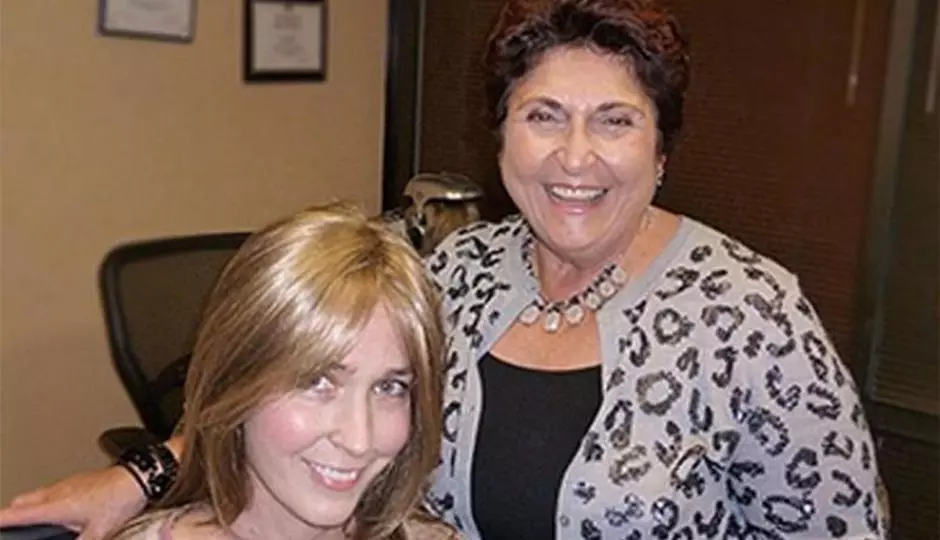From an outsider’s perspective, sudden hair loss can be one of the most visible indications of cancer. From the patient’s perspective, the sudden hair loss is like carrying around a giant sign that says, “I’m sick.” While cancer-related hair loss is almost always a result of chemotherapy treatments as the individual strives to get better rather than of the disease itself, cancer patients frequently report the loss of their hair as one of the most difficult challenges faced while battling for their lives.
“I guess sadly one of the first thoughts after ‘am I gonna die?’ is ‘what about my hair?’ you know, and it’s so shallow to say because the hair doesn’t matter,” said Karen, the survivor featured in the below video, continuing, “but especially being a woman, you know, it does matter. So I was very, very happy to know that there are alternatives out there.” Preparing in advance for both the emotional and the physical changes associated with chemotherapy-induced hair loss can go a long way towards promoting smoothness, space, and time for a healthy progression through an extraordinarily difficult endeavor.
Talk to Someone Before the Hair Loss Begins
As Cynthia Mulligan demonstrates in the below video, seeking solutions before thinning or baldness is noticeable to an outsider can provide an opportunity to utilize high quality hair systems to conceal the hair loss altogether. While this may seem like a small concession, it allows those who feel strongly about keeping their illness private, those who want to shield their children from the sometimes scary images of the disease, and those wishing to maintain a stronger sense of self through the treatments to remove one of the most conspicuous and visible side effects of chemotherapy. Even for those who choose not to wear a wig, talking to a specialist early can provide insight into expectations and a variety of alternative options that better suit the individual’s needs, desires, and preferred healing process.
{youtube}bxYFw-w5yaA{/youtube}
Develop a Positive Support System
The emotional response to dealing with chemotherapy-induced hair loss can vary and is connected with multiple aspects of a patient’s well-being. For example, as mentioned above, it can be difficult to handle the way hair loss exists as an expression of ill-health; however, an even deeper manifestation of the challenge is the way in which patients experience an additional loss of self at a time when they are already in a weakening and demanding situation. Finding a restoration specialist who not only provides quality hair options but who is also caring and empathetic is very important. Support groups can also be a positive place to work through the change. Finally, it can be helpful for an individual who is preparing to experience chemotherapy-induced hair loss to discuss their expectations, fears, plans, and desired approach with their close friends and family members. This enables the supporters to offer the words of encouragement, assistance, direction, or sometimes silence in the manner the patient prefers.
Meld Your During-Chemo Solution with Your Post-Chemo Solution
Most cancer survivors who lose their hair during chemotherapy treatments experience full regrowth of their locks. While the growth is initially different than the individual’s pre-treatment hair, it usually returns to the original color and texture over time. By working with a hair restoration specialist to prepare for the new growth, the transition back to a person’s own hair after chemotherapy is complete can be just as smooth and seamless as the transition to a wig when the loss began. Additionally, a specialist can aid in supporting healthy and rapid hair growth as well as assist in responding to abnormalities or surprises in the new locks if they do not return as expected.
Facing cancer and chemotherapy can be a journey full of unforeseen twists and turns, and preparing for the pieces that can be anticipated makes adapting to those that cannot be anticipated just a bit easier.
To learn more about how we can help you, contact the team at New Look Institute for a free, private consultation.








